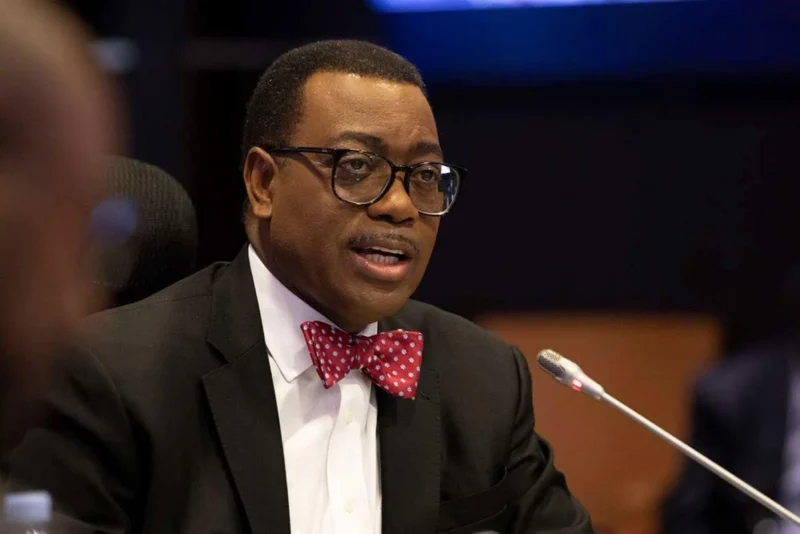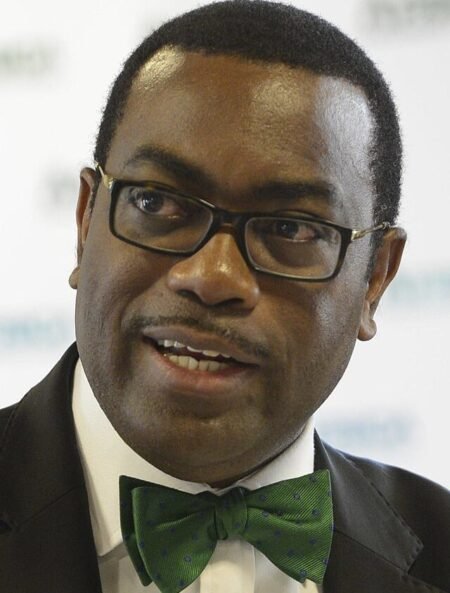- Economy
- No Comment
Africa bank boss on Zim deal: ‘I am going to work as hard as I can so that we can get this done’

By Bloomberg
HARARE: Zimbabwe’s chief debt negotiator Akinwumi Adesina wants to clinch a restructuring deal for the southern African nation before his term as African Development Bank president concludes in August.
“I am going to work as hard as I can so that we can get this done before my time ends,” Adesina said in response to Bloomberg questions at a debt conference held Monday with creditors in the capital, Harare. “I will make sure that we get into a good place by the time that I leave.”

Zimbabwean President Emmerson Mnangagwa sought the help of Adesina and former Mozambican leader Joaquim Chissano in 2022 to spearhead talks with creditors including the World Bank, Paris Club, European Investment Bank and the AfDB. It also recently hired Global Sovereign Advisory and Kepler-Karst to assist.
The nation is seeking to rework $21 billion in debt that has kept it locked out of international capital markets for more than two decades.
The AfDB may tap its so-called African Development Fund, which it used to clear arrears for other indebted African countries including Sudan and Somalia, Adesina said. “We are going to make a request to have it set aside during the African Development Bank 17th replenishment to allow for resources to clear the arrears of Zimbabwe.”
As a step toward getting creditors to agree to restructure the nation’s debt, Zimbabwe plans to pay $331 million to White farmers whose land the nation seized in 2000.
The country has identified at least 439 former landowners as “beneficiaries for financial settlement of $331 million,” Adesina said earlier at the event, without disclosing the time period.
The government is also “currently negotiating” a staff-monitored program with the International Monetary Fund, another crucial step needed to clear its debt, the Zimbabwean president separately told the same event. If approved, it will be the first such IMF program for the southern African nation in five years.
“The implementation of any reforms under the SMP, however, impacts negatively on the vulnerable groups of our population,” Mnangagwa said. “In this regard, the protection of the vulnerable groups through effective social protection is of critical importance.”
